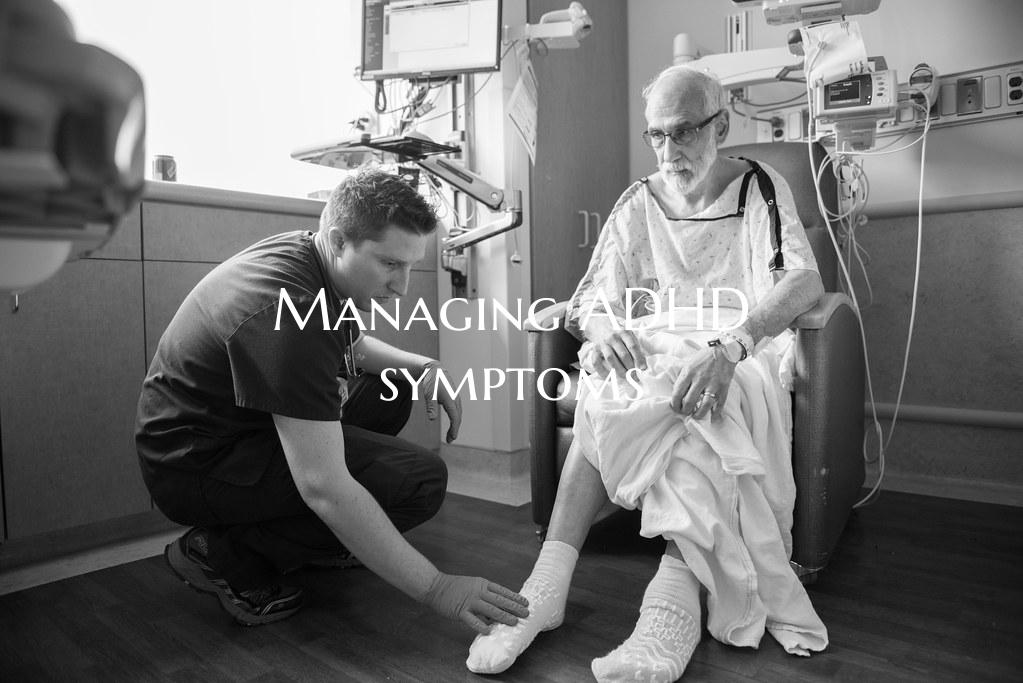
Managing ADHD symptoms
Introduction: Attention-Deficit/Hyperactivity Disorder (ADHD) is a neurodevelopmental disorder that affects both children and adults. Individuals with ADHD may struggle with symptoms such as difficulty focusing, hyperactivity, and impulsivity. While there is no cure for ADHD, there are various strategies and interventions that can help manage its symptoms effectively.
Understanding ADHD Symptoms: The key symptoms of ADHD include inattention, hyperactivity, and impulsivity. Inattention can manifest as difficulty sustaining focus, being easily distracted, or forgetfulness. Hyperactivity may present as fidgeting, restlessness, or talking excessively. Impulsivity can lead to difficulty controlling reactions, interrupting others, or making hasty decisions without considering consequences.
Managing ADHD Symptoms: 1. Medication: Stimulant medications, such as methylphenidate and amphetamine derivatives, are commonly prescribed to manage ADHD symptoms. These medications work by increasing the levels of certain neurotransmitters in the brain, improving focus and concentration. Non-stimulant medications, like atomoxetine and guanfacine, are also used in some cases.
2. Behavioral Therapy: Cognitive-behavioral therapy (CBT) can help individuals with ADHD develop coping strategies and improve self-control. Behavioral therapy techniques, such as setting goals, creating routines, and utilizing rewards and consequences, can be beneficial in managing impulsive behaviors and improving focus.
3. Lifestyle Changes: Adopting a healthy lifestyle can have a positive impact on managing ADHD symptoms. Regular exercise, sufficient sleep, and a balanced diet can help regulate mood and energy levels. Structured routines, organization systems, and time management strategies can also aid in enhancing productivity and reducing impulsivity.
4. Support Systems: Building a strong support network is crucial for individuals with ADHD. Seeking help from therapists, support groups, or ADHD coaches can provide additional guidance and emotional support. Educating family members, teachers, and employers about ADHD can also improve understanding and accommodation.
5. Mindfulness and Relaxation Techniques: Practicing mindfulness meditation, deep breathing exercises, or yoga can help individuals with ADHD reduce stress, increase self-awareness, and enhance emotional regulation. Engaging in calming activities, such as listening to music, spending time in nature, or engaging in hobbies, can also promote relaxation and attention focus.
Conclusion: Managing ADHD symptoms requires a multifaceted approach that combines medication, therapy, lifestyle changes, support systems, and relaxation techniques. By implementing these strategies consistently and seeking professional guidance when needed, individuals with ADHD can effectively navigate daily challenges and improve their quality of life.